I wanted to take this post to cover something I get asked about nearly every week – high fat, high protein diets. It’s easy to see why this is such a popular topic: There has been a huge recent boom in dietary advice you could argue share some roots with Atkins: Paleo, Wheat Belly and others. These diets generally recommend:
- Eating a lot of fat
- Consuming a lot of protein
- Only moderate amounts of vegetable (usually green)
- Having little or no grains
- Eating little to no fruit
The Beauty Detox Diet that I promote and that I personally follow consists of a whole-foods based diet primarily of vegetables, fruit, some starchy vegetables and/or occasional whole grains, some legumes like lentils, and small amounts of concentrated fat in the way of seeds, nuts and avocados, but I want to use today’s article to explain my stance. Today, I’ll outline some of the diets that follow the high fat, high protein guidelines and explain how they’re different from—and even similar to—Beauty Detox.
The High Protein, Low Carb Camp
You’ve probably heard of at least some of the diets that are in the high protein, low carb category, but here’s a brief overview of each one:
Atkins
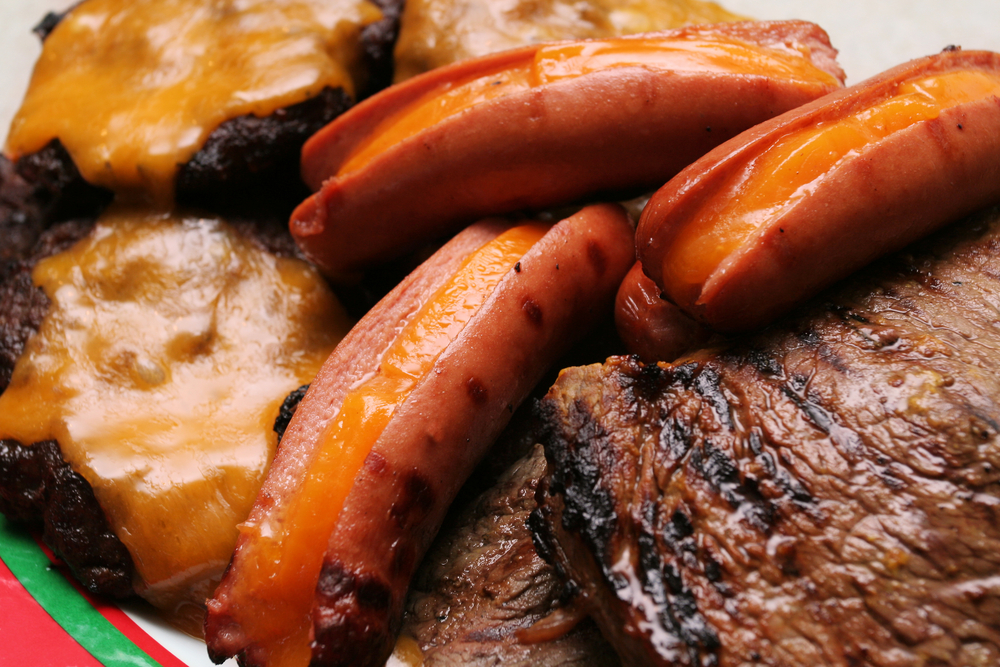 You may know this one as “the” high protein, high fat, and low carb diet. It’s been around awhile! This one has you progress through three phases before entering a fourth “maintenance” phase you stay in for life.
You may know this one as “the” high protein, high fat, and low carb diet. It’s been around awhile! This one has you progress through three phases before entering a fourth “maintenance” phase you stay in for life.
First, you start out with a lot of protein, a lot of fat (cheese, nuts, and seeds), and then you progress by adding in just a few types of fruit, dairy, legumes, and tomato juice. From there, you finally get to experiment with more fruits, a few whole grains, and starchy vegetables. It’s very restrictive in the beginning, and you eat every two to three hours. It’s based on monitoring ketosis to put your body in a state of fat-burning mode, but ketosis is also said to make your blood (and therefore body) acidic.
Paleo
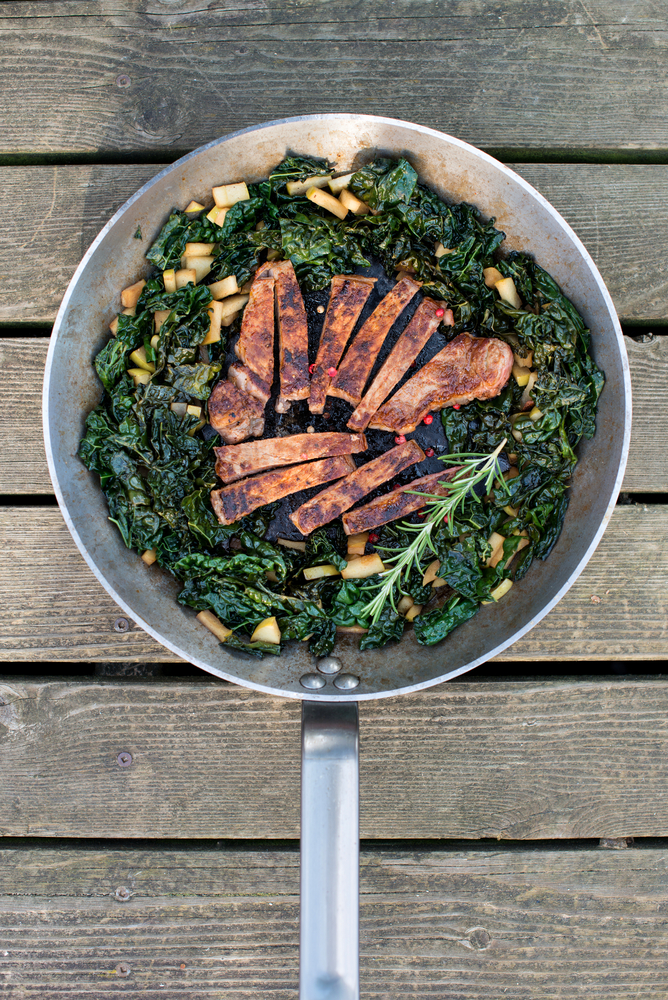
Wheat Belly Diet
In this diet, you cut out all processed, refined foods and severely limit carbohydrates (fruit included). In large part, the idea behind this diet is that wheat is no longer what it once was, and it has been turned into something highly addictive. According to the philosophy behind this diet, modern wheat is a big part of why people now have more fat around their organs (visceral fat), where it’s most dangerous. On the Wheat Belly plan, you’re allowed to eat vegetables, select fruits, raw nuts, plant-based oils, grass-fed meat, eggs, ground flaxseed, some dairy (full-fat), fermented soy, and healthy fats, some grains, and beans. The more raw foods you can eat, the better.
Grain Brain
This diet has you swear off grains–not just wheat. It’s a low-carb, gluten-free diet that also promotes very little fruit consumption outside of the low-sugar onesry (full-fat), fermented soy, and healthy fats, some grains, and beans. The more raw foods you can eat, the better. (like tomatoes, lemons, limes, bell peppers, pumpkin, zucchini, and squash). It requires you to eat a lot of meat, but only the grass-fed, wild caught, or free range varieties, and meat from grain-fed animals are on the “do not eat” list, understandably. Oils (coconut, walnut, olive, etc) are permitted, as are other healthy fat sources, like avocados, and non-starchy vegetables (especially green ones). Some dairy and wine are allowed.
Similarities to Beauty Detox
Believe it or not, I agree with a lot of what these diets have to say! They have a lot in common with Beauty Detox. Like Beauty Detox, these diets also promote that you:
- Eat organic foods whenever possible
- Choose non-GMO foods
- Opt for gluten-free foods
- Avoid refined sugar
- Eat lots of green vegetables
- Stay away from processed foods
- Skip dairy (though some do say a little is okay)
These are all fantastic and important recommendations! However, there are still some profound differences between what these diets tell you to do and what the Beauty Detox principles are.
Differences with Beauty Detox
Though I do agree with some of the principles in each of the diets listed above, there are still some stark differences between those diets and Beauty Detox. Those revolve around the amount of fat, protein, and carbohydrates involved.
Low Fat, No Animal Protein
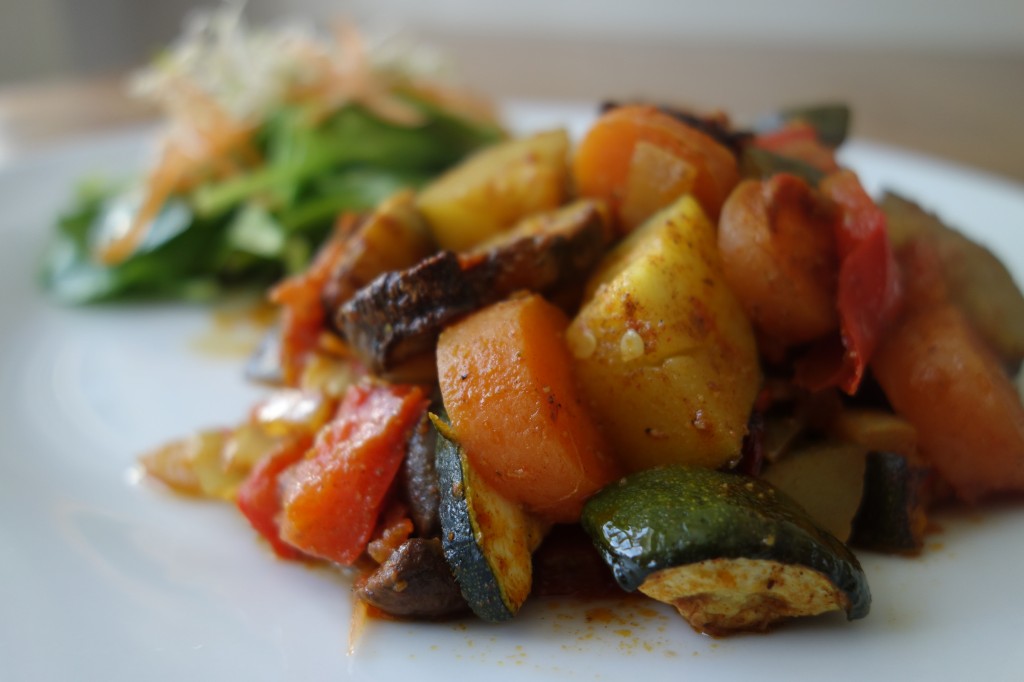
The basic premise of Beauty Detox is keeping your body clean and healthy and beautiful from the inside-out. Again, some fat is essential- but too much is slow and heavy in your system- and you can note that fat is the most dense macronutrient 9 calories per gram as opposed to 4 in carbs or protein. Congestion due to too many slow-moving/digesting compounds in your system ultimately contributes to accelerated aging.
These diets are also higher in protein than Beauty Detox, and generally incorporate large amounts of animal products to reach those goals, which Beauty Detox does not do (even though you can keep some animal products in your diet if you want to, as long as they aren’t dairy). A lot of people seem to take a “more is better” approach to protein consumption, especially in the Western diet, because they think that’s the way to build more muscle. In reality, women really don’t need more than about 46 grams of protein (men only need about 52 to 56 grams), and you can get that from a plant-based diet.
But You CAN overdo protein- and overdoing it overloads your body with acids and once again…can accelerate aging. I talk about the concept of “old skinny” in The Beauty Detox Solution…I think you know what I mean just from that term! So there’s no need to load up on meat, eggs, or dairy to meet the requirements for a healthy, strong, functional body. Besides, those animal products are extremely acidic and can actually age your body—not just by how you look, but how strong your bones are and how disease-prone you become over time The Physicians Committee for Responsible Medicine says excess protein has been linked to osteoporosis, kidney disease, kidney stones, and cancer). It’s also been linked to liver disease.
One concession I will make to those in the high fat camp is that most studies on those consuming a higher percentage of dietary fat were not doing so in a “clean way. In other words, bad oils, non-grass fed animal proteins and fats, plus other low quality items in the diet. So further research is definitely needed to study the results of those who perhaps eat higher quality meat and fat sources, while avoiding sugar, gluten and other offenders.
Focus on Cleansing—Yes, with Fruit, All Vegetables, and Even Grains
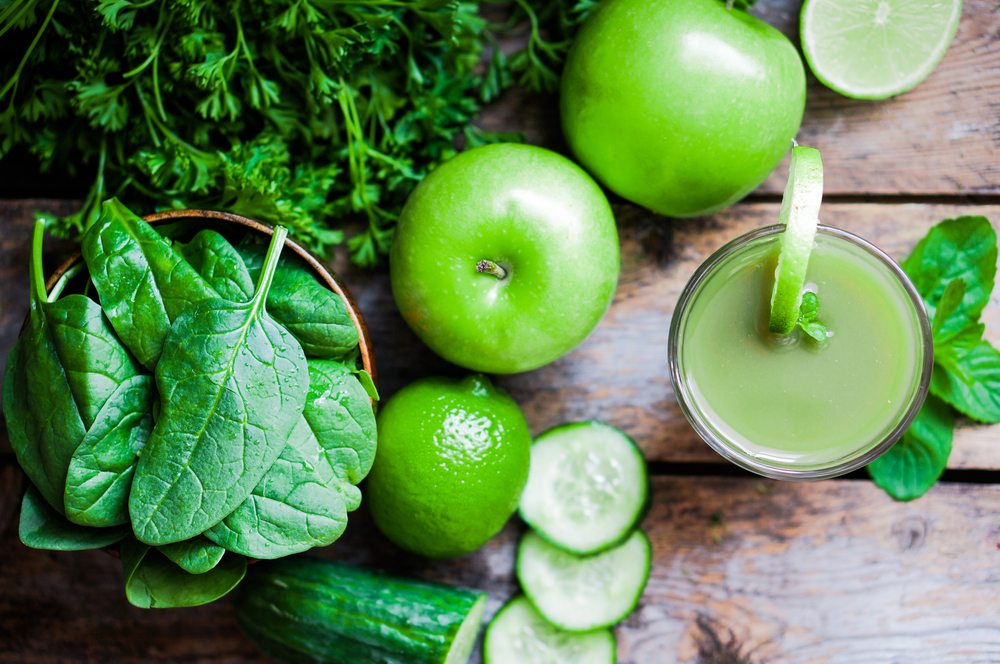
That means you may not be removing years of stored toxins and gunk from your body. Instead, you’re putting “healthy” (again, these terms are so up to interpretation aren’t they? Animal foods do not digest as cleanly as plant foods as they leave acidic residues in your body, so I don’t define them as “clean”) foods in on top of them and potentially limiting the amount of good they could do for you. For example, you may not be able to absorb all the good vitamins and minerals you’re putting into your body if you’re still carrying around sludge and mucus that get in the way.
And the longer it takes to get those toxins out of your body, the longer your body holds on to those fat cells that are trying to protect you from them. I also believe that carbs are okay—and necessary—in a well-balanced, healthy diet. They are a macronutrient! No, that doesn’t mean I think you need to dive into a bowl of sugary cereal or a bag of white bread any more than Dr. Atkins did, and I always suggest staying away from wheat and other gluten-containing grains, but should you eat fruit, starchy vegetables, and some gluten-free grains? YES! Absolutely. They’re amazing and offer incredible health benefits, from vitamins and minerals to cleansing fiber!
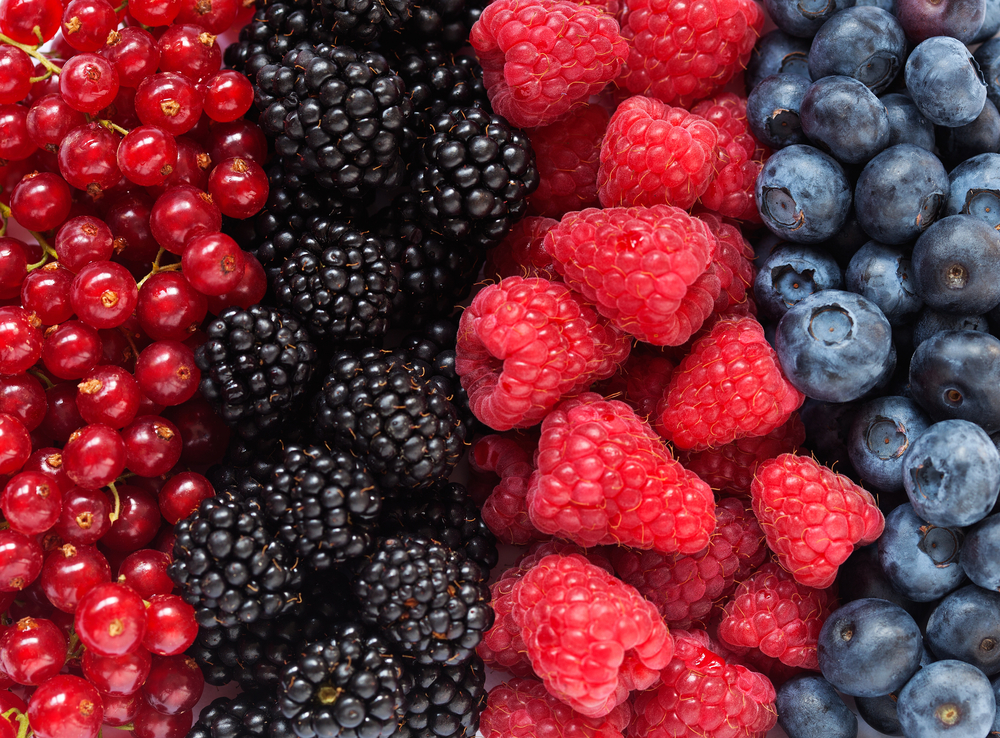
When you digest grains (the best ones are quinoa, amaranth, millet, and buckwheat), they leave behind an alkaline residue in your body, which is beneficial for making it harder for disease to take root and thrive (acidic residue, on the other hand, has the opposite effect). Fruit, starchy vegetables, and grains all have a purpose, and when eaten in their unrefined, natural state, should not be avoided. In fact, one study that followed up with women after 26 years and men after 20 found low carb diets to increase overall mortality rates. A Swedish study published in The BMJ linked low carb, high protein diets to an increased risk of cardiovascular disease in women.
What Beauty Detox Is Based On
A lot of time and research went into formulating the Beauty Detox principles. I researched not only what other experts had discovered over the years, but traveling around the world to observe how other cultures eat and live taught me so much. I also have my personal experience to go on, which started with personal struggles with weight gain and debilitating acne. My passion for natural eating and health helped fuel a my three-year journey around the world, as well as an insatiable craving to learn more from teachers everywhere is so many varied ways…that continues today!
Personal Experience
When I started incorporating what I had learned about food as beautifying medicine, my acne cleared up, my hair became stronger and smoother, and my muscles became more toned than ever. My skin started to glow, the whites of my eyes looked brighter, and maintaining my perfect body weight became so easy.
My Clients and Community Members
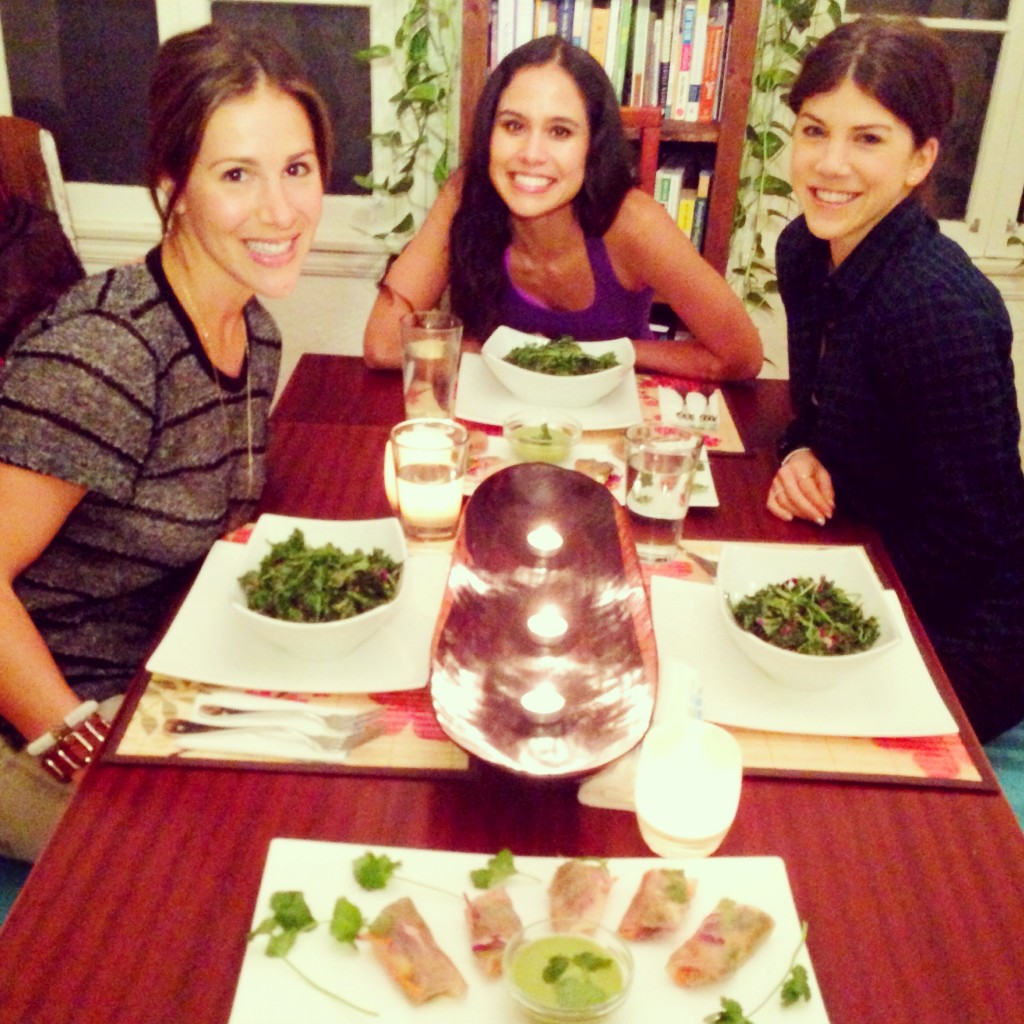
Once she gave up that extreme control and relaxed into the Beauty Detox principles, she saw an increase in energy, lost those last few pounds, and began to look absolutely radiant! This is not an isolated incident. Beyond that, I see posts every day in the Beauty Detox community that make my heart soar! So many Beauty Detox readers are incorporating the guidelines into their own lives and seeing amazing results. They look more beautiful, feel more vibrant and energetic, and in some cases, even reverse disease.
Longevity Around the World
There’s so much evidence around the world that a low fat, low animal protein, plant-based diet is the key to health and wellness. I saw it time and time again—and still see it today—in my travels. Some of the healthiest cultures in the world thrive on diets similar to Beauty Detox. For example, the Abkhasia of the Caucasus Mountains in southern Russia are known for their longevity. Rumor has it, some of them live well past 100—some say over 150 (they may be exaggerating, but they’re definitely making it to their 80s and 90s with some frequency and they’re still youthful in the way they move and how they spend their time)! So what are they eating? Whatever they picked that morning, basically.
The Abkhasia eat mostly fruits, vegetables, nuts, and whole grains. On the rare occasion that they do eat meat, they remove the fat. There aren’t any refined sugars or processed foods to be found here. Another group of people who typically live a very long time, the Vicalbamba Indians, live in southern Ecuador (the Andes). They, too, have a diet that consists of plant foods and little to no meat. They love their veggies! They also enjoy cooked whole grains, fresh fruit, and raw nuts and seeds. 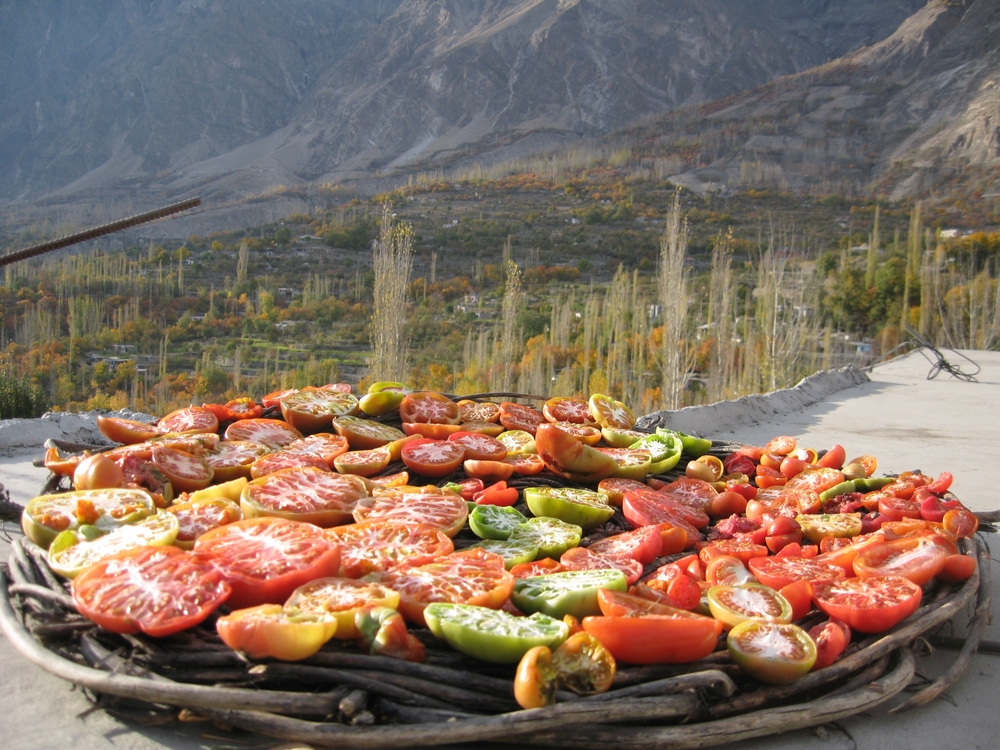
They don’t merely get to a certain age and then continue to exist, unable to do much because of disease or other complications. They continue to live full lives well into their 90s, if not beyond. So is high fat, high protein the way to go? Not in these cases. Have you heard of The China Study? It’s the most comprehensive study on diet and disease in medical history, and the head of the study, Dr. Campbell, found over 8,000 associations between disease and dietary factors.
The biggest revelation in Dr. Campbell’s research was the role dairy and meat play in cancer development. Plant-based diets yielded far fewer cases of high cholesterol and breast and digestive system cancers than those that allowed for a lot of animal-based foods. Casein (a protein found in dairy) in particular held a strong link to cancer growth at all stages. These findings fit right in with the lifestyles of the Abkhasia, the Vicalbamba, and the Hunza, where diseases like cancer, heart disease, and diabetes are unheard of.
Dietary Fat and Disease
We talked a little about the problems with a high protein diet earlier, but what about the fat? Could there be something behind increasing fat intake to rid or prevent disease? Still, probably not. Evidence shows that high fat diets create more trouble in people with type 1 diabetes as well as type 2 diabetes. In those with type 1, high fat diets made glucose levels rise and created a need for more insulin. An article in Diabetes Care suggested a low fat diet to prevent or delay type 2 diabetes after considering different amounts and types of fat in the diet.
The bottom line is, consuming too much fat—even healthy fat—can contribute to weight gain. Obesity plays a role in the development of type 2 diabetes, so by eating a high fat diet, the odds of gaining weight and developing the disease (and other obesity-related diseases) creep up over time, too.
Are We Right and They Are Wrong?
No! We’re definitely not saying that everyone else is wrong and we’re right. We just have different perspectives. In Beauty Detox, we have a large, rapidly growing community with people who are getting amazing results. Yet, I’m sure some of these other approaches have great success stories of their own. I hope you see that I appreciate the similarities we all share every bit as much as any of the differences.
But a key difference is that Beauty Detox is not JUST about weight loss, but about having fantastic, glowing skin and radiant energy all around. There are many ways to lose weight….but some ways may leave you looking and feeling more aged, which I certainly want to avoid for myself and anyone on my program. The “Old Skinny” look must be avoided!
In the end, any diet that removes processed foods is a big first step! When a program removes refined sugars and gluten, that’s even better. Some of the programs allow a little (and sometimes a lot!) dairy, but it’s generally not great for you. See how you feel when you follow the Beauty Detox principles and adjust as necessary. If you feel that you still need some animal protein after you’ve played around with going without, add some back in, but be gentle. Don’t load up on it just because certain experts say it’s okay.
Ultimately, any dietary perspective must be adjusted or adapted to your own body, day by day. Even if you wholeheartedly agree with the Beauty Detox philosophy, you should never stop listening to your body and making changes based on the way you feel each day. I wouldn’t want you to blindly follow any diet if your body was telling you it needed you to change things up a little, and you know yourself better than I do.
Once you’ve done some detoxing and started to enjoy a cleaner diet, it’ll be easier to determine what your body is telling you it needs.
Also, in the comments below, I’d love to hear your thoughts or questions! Have you tried a high protein, high fat diet? How did it make you feel compared to the Beauty Detox way of eating? How have you tweaked the diet to make it fit your body’s needs?
Please let me know – and I hope this article was helpful to you.
Look forward to sharing more again soon.
Love,
Kimberly

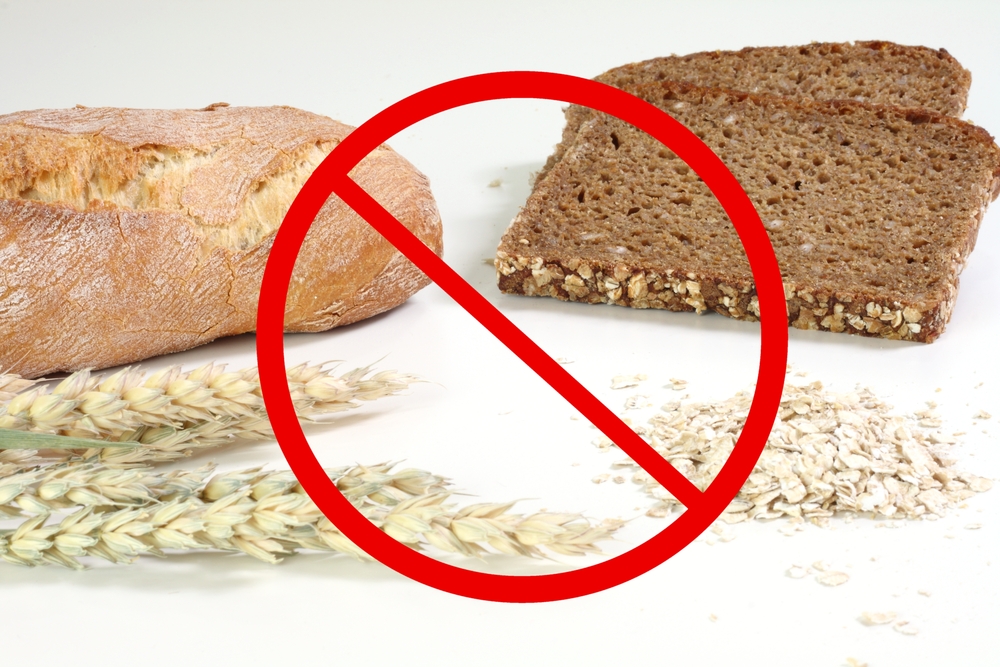
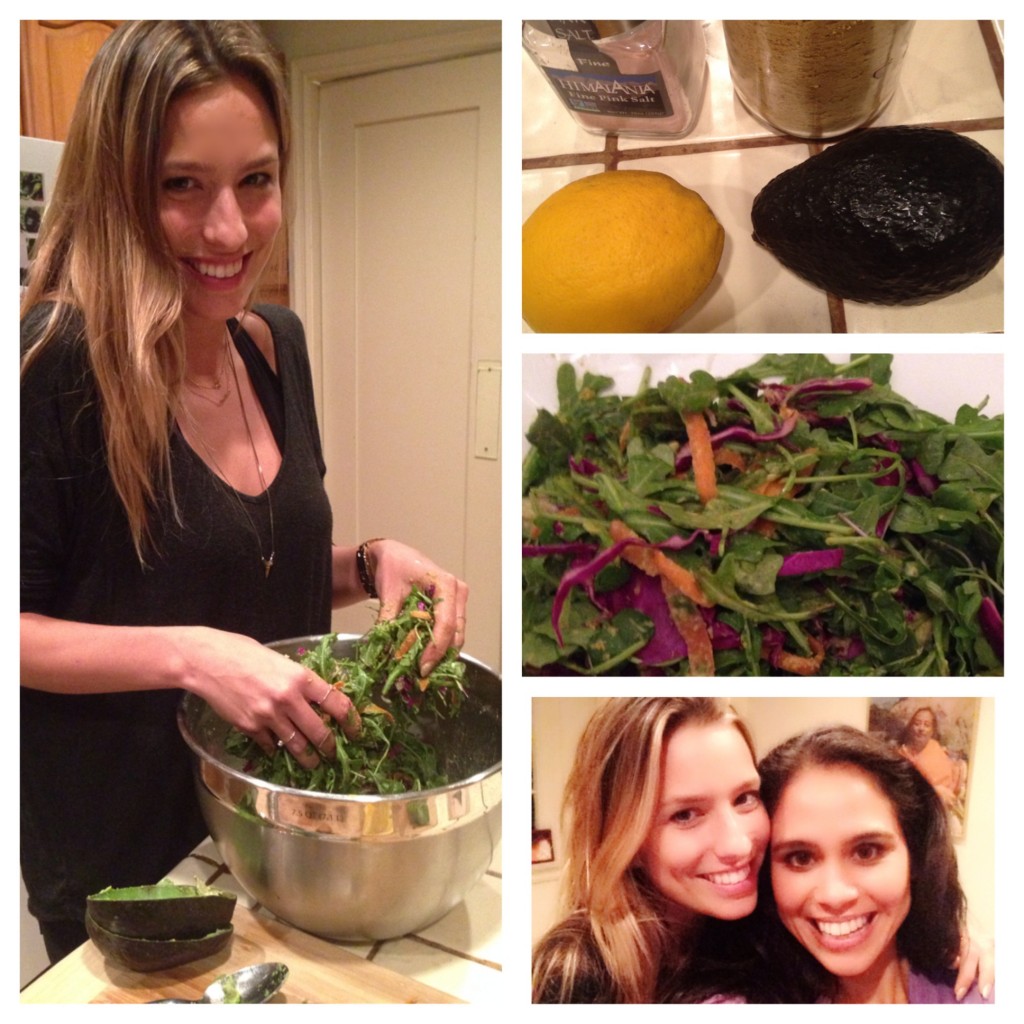

Hi, Kimberly! From experience, I know that too much animal protein (for me, personally- I am not stating it is bad, period, for everyone else) made me too constipated, and just… anxious. Growing up, I was always sensitive to the subject of killing animals for ‘protein’ (really, I cannot believe how misinformed most people are about protein to begin with; a waitress asked me if I wanted to ‘add protein’ to a salad I ordered… I so wanted to say there’s already protein in the particular salad I had ordered). There is some school of thought that we carry the anxiety and fear from the animal before it was slaughtered whenever we eat it, and I definitely feel it at times. Not because someone wrote about it or had told me this- this came intuitively at a very young age, when I made the connection between my cat, farms, and the chicken on my plate.
My only question is how to incorporate Beauty Detox principles into an active individual’s way of eating. For instance, I like to strength train, and have learned that one must consume dense sources of protein/amino acids, not fat, post-workout (this means hemp protein is out of the question), as fat will slow down nutrient absorption, which is something we want to avoid as the body seeks almost immediate replenishment.
You are amazing! Thank you for everything, deeply grateful!
Thanks Elena, same to you! Hugs :)
This is a great article but I have a few questions…I am suffering from recurring candida and I am not sure what to do diet wise. I have been a Beautiful Detox follower for a couple years now (its been amazing) but due to an IUD (hormonal birth control) I’ve had this candida issue. Step one, I had it removed but I am still suffering from its affects. I feel like I need to cut out most fruits/carbs to improve my condition but I want to do it in a healthy and balanced way…help…
note: I’ve tried over the counter/prescribes meds to treat this issue but it just keeps coming back.
Hi Kimberly, I would Firstly like to say I love the beauty detox solution, I have been following the principles for about a year now and I feel great I have toned up and have a lot of energy and my digestion is better then ever however once I started to eat meat less and less I developed eczema which I only had as a young girl and I got off the pill as I wanted to be drug free and I developed acne so I have had these skin conditions my ezcema is a result of dry skin so I have had to eat fish three times a week and take fish oil supplement to help relieve this but now my most troubling issue is my acne. I don’t know what else to do I eat an array of vegetables a day and three smoothies a day I really wish you can help me with some ideas to help with my acne. I have been having colonics as well which don’t seem to make a difference. I had my hormones tested and I am low in progesterone and erositol if you could please guide me I would really appreciate your help.
Regards Chiara
Hi Kimberly! I have a few health issues but the one that bothers me the most is my psoriasis. Certain foods trigger new patches or prevents the existing ones from healing. Some of these foods are rice, quinoa, legumes, & dairy. I want the beauty detox solution to work for me & was wondering if you have had success with this particular skin condition? Right now, I follow the beauty detox solution without the grains & legumes but add fish a few times a week.
Hi Kimberly!
First I want to say thank you for an amazing blog.
I live in Sweden, where we are consuming a lot of milk and dairy products. I have been trying to follow the beauty detox program but I have one problem; I am always craving cheese! I dont know what I am doing wrong.
People who want to be healthy in sweden are eating dairy products like cottage cheese, quark and skyr. But I believe it is because its high in protein and now I know thats not the way to be healthy. But it is confusing..
My teacher told me we scandinavians had a mutation in our genes, meaning we should be able to eat and digest dairy products. But I know a lot of swedish people with dairy sensitvity. When I eat dairy it feels like its draining energy from me rather than giving energy. Im 21 years old and I have been eating a lot of dairy my whole life so its kinda hard to give it up.. Im just wondering, is it possible that my teacher is right or is dairy actually bad for everyone? Or could it be me lacking some nutrient that occurs in cheese?
You’re probably craving it because of the casomorphins; here’s an article explaining it:
https://www.care2.com/greenliving/cheese-contains-morphine.html
You grew up with cheese! Chances are you have good high-quality cheese that you eat there. It’s not the processed crap that feeds most of America and other countries. I don’t agree with the non-dairy thing anymore than I necessarily agree with the non-grain thing…for instance, Kimberley says some grains are good for us and fruits are good for us! The other stances (low-carb, high fat) say to stay away from (most) fruits and all grains! They actually advocate very little protein (10-15% of diet) and high-fat. How are we to know what is actually TRUE?!?!? We don’t! Because there is no one diet that fits all! Kim doesn’t do dairy, but maybe some dairy works for you. Are you having adverse reactions to it? If no, then why stress? Enjoy it. Naturally-sourced, non-processed cheese – I see nothing wrong with it. Enjoy it, smile and love life :) x
This article is fantastic! Thank you for all of the analysis and further explanation of the BDS lifestyle; it really helped to clarify concepts even after reading both of your books!
Warm lemon water is my favorite part of BDS!
Such a wonderful and nice article and very helpful. Hopefully los of people can read it and become happy and healthy with this wonderful vegan organic diet.
Thankss for this great info…
You’re most welcome David and thank you for checking out this post! ;)